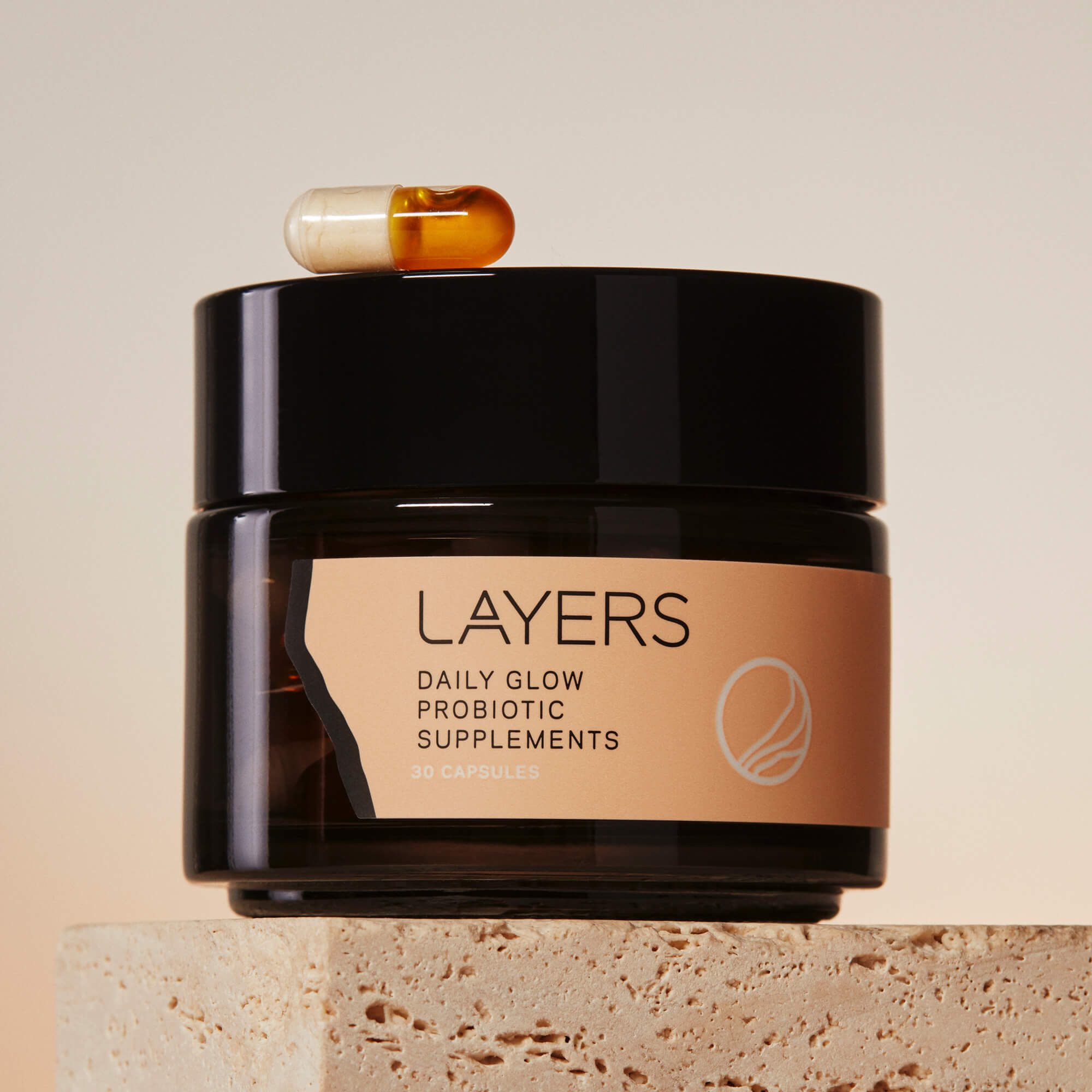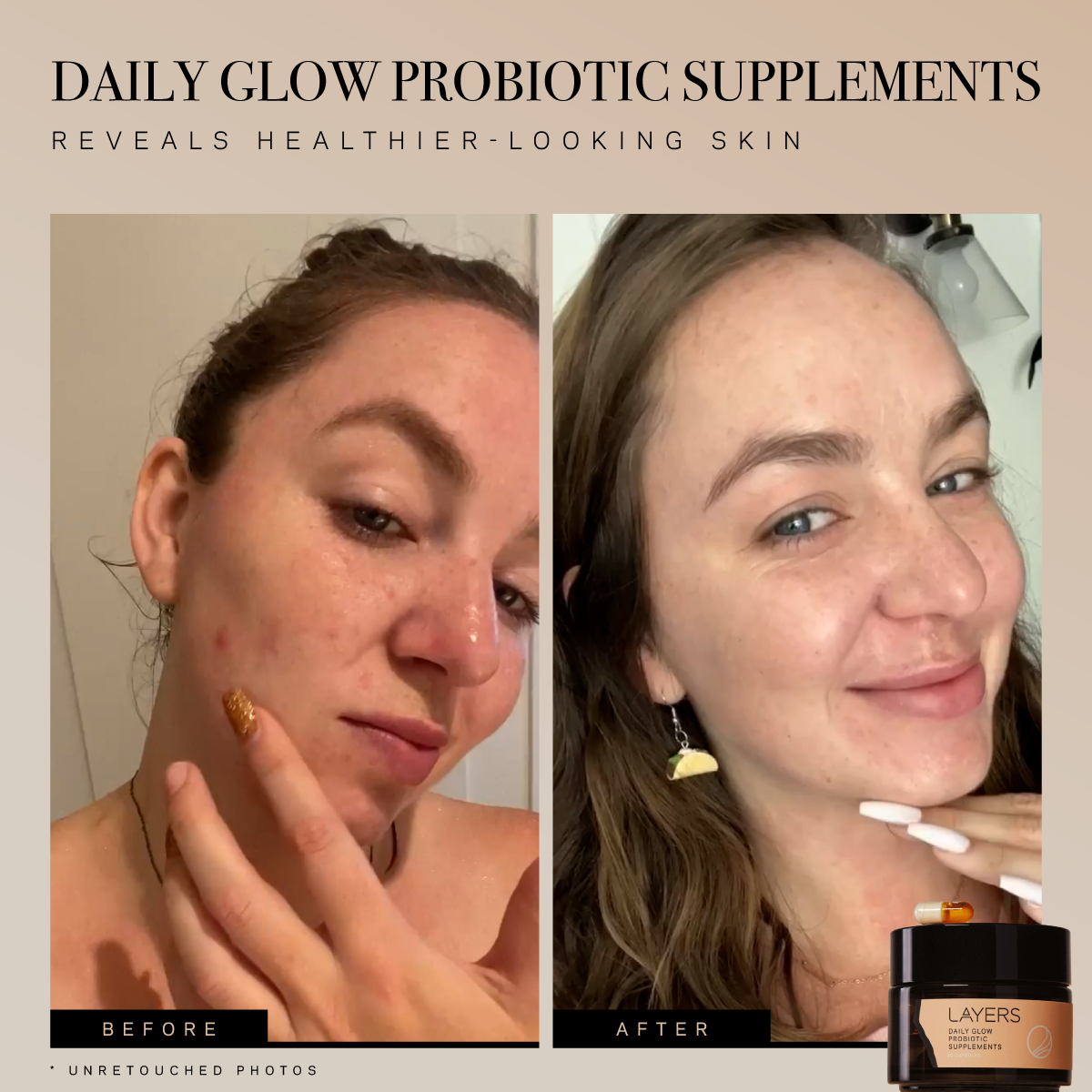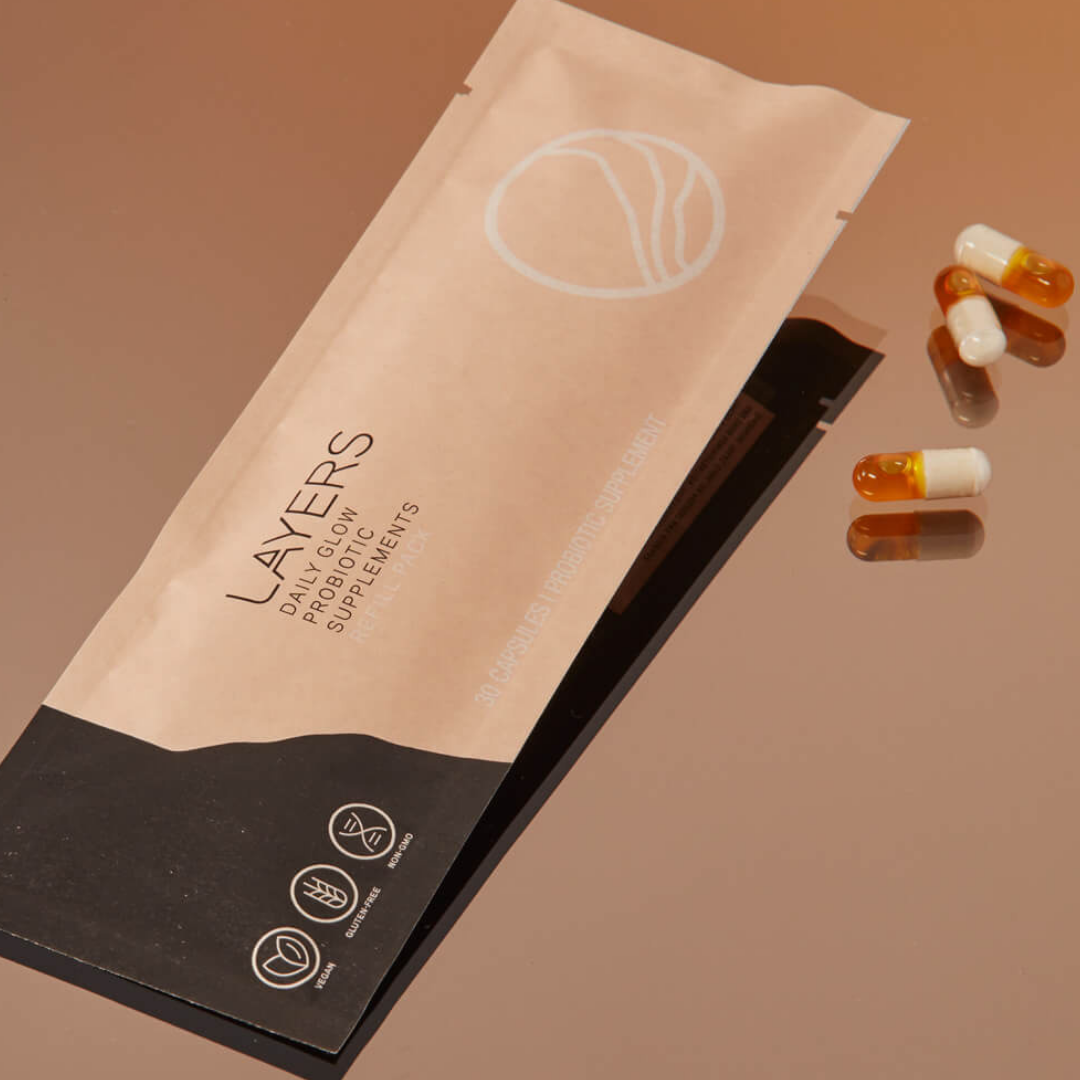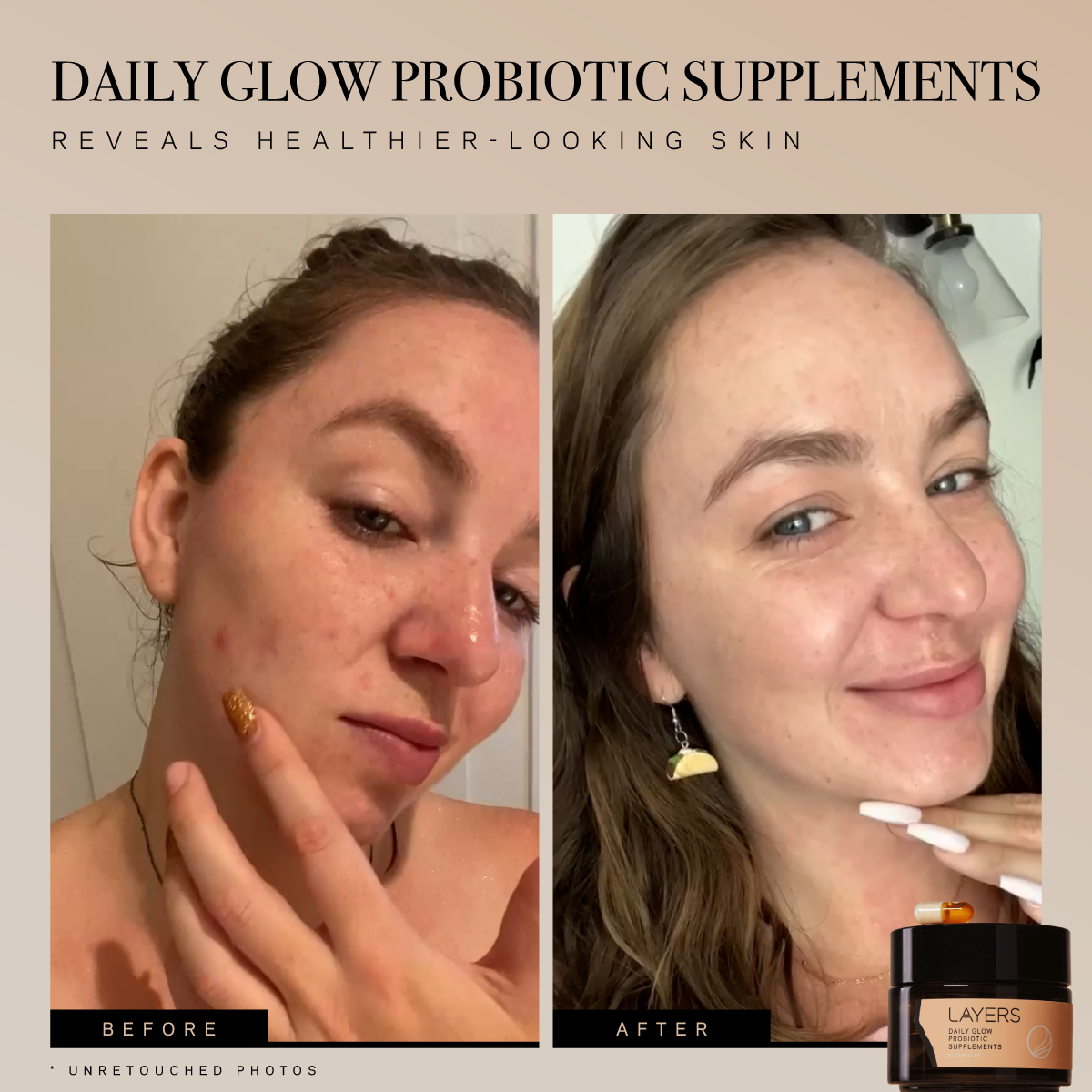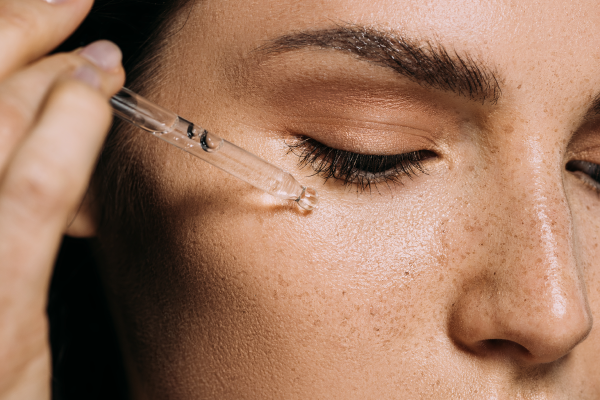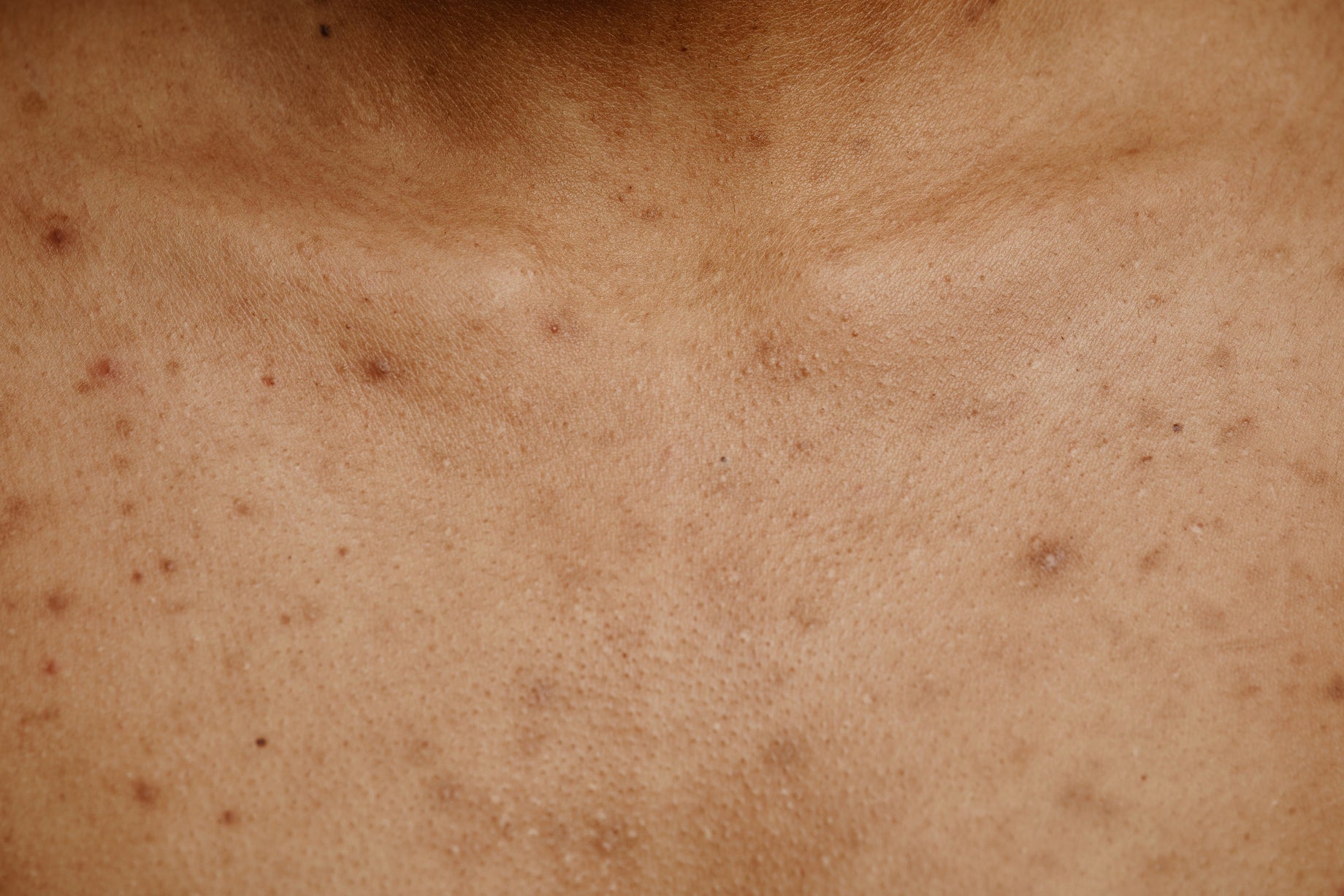Troubled skin? Learn whether your genes are the culprit and what you can do to tame feisty skin conditions.
You’ve got oily skin, your brother's skin is dry and flaky, and your mom is constantly battling eczema. “How can we possibly be related?”, you wonder to yourself. Well, before you start questioning the authenticity of your birth certificate, let’s talk about how genes work.
WHAT ARE GENES?
You, your siblings, and your parents aren’t exact carbon copies of one another. You see, each of us has up to 25,000 different genes at work throughout our bodies. Your genes are like a mix tape of your DNA chromosomes. You can think of them as the bosses who are telling your DNA what to do. And their very important job in the human body is to produce proteins.
WHY ARE GENES IMPORTANT WHEN IT COMES TO SKIN?
As much as we’d love to identify and crown a “skin gene”, it’s not quite that easy. That’s because your skin is the result of a combination of genes. Made up of 70% water, 25% proteins, 3% fats, and trace amounts of minerals, your own unique hereditary cocktail of genes determines which proteins are produced and at what levels. Those proteins, at the direction of your DNA, work together to create the skin you’re in.
Physical attributes like your skin color and eye color are determined by your DNA. So is your height and body type. In 2018, geneticist, Robert Plomin published a book citing studies showing strong connections between our genes and our personalities. So not only might you have your parents to thank for your near-perfect complexion, but also for behavioral traits like your introverted tendencies or your open-mindedness.
Those same genes can increase or decrease your chances of suffering from common skin ailments like eczema and psoriasis. But before you point the finger at your parents for all of your skin woes, (remember they also fed you and cleaned your diapers!) there are also other factors at play when it comes to your complexion.
ENVIRONMENTAL FACTORS
Your environment has an equal role to play when it comes to skin health. Because the proteins produced by your DNA are a part of your skin, making them exposed to the elements, they are easily affected by environmental damage. Exposure to UV rays, living in a dry or wet climate, and dealing with extreme heat or frigid weather conditions are all factors that affect your complexion.
Aging, the result of skin cell death, is directly affected by your environment, but also by how well your skin is able to defend against the elements. This is determined by genetics. So, whether you develop wrinkles prematurely or you’re susceptible to things like skin cancer is all based on your genetic capacity to manage environmental factors.
Trying to control your environment physically isn’t as doable as we might assume. As Robert Plomin explains in his book, Blueprint: How DNA Makes Us Who We Are, managing environmental conditions isn’t always within our control.
“We now know that DNA differences are the major systematic source of psychological differences between us. Environmental effects are important but what we have learned in recent years is that they are mostly random – unsystematic and unstable – which means that we cannot do much about them.”
So if you can’t control your genetics and you can’t control your environment, then what can you control?
YOUR SKINCARE ROUTINE
The good news is that you can control what you’re putting on your skin and into your body. Clean beauty is paving the way toward a more holistic approach to skincare based on microbiome health. By better understanding your genetic strengths and weaknesses, you can boost your skin’s natural defenses, particularly with the help of probiotic skincare.
Think about your parents and grandparents. What skin conditions have they dealt with during their lifetime? They’re basically helping you look into your future. If your mother had a clear complexion until everything went haywire during menopause, then find out what happened and how she managed it. If you notice that your dad suffers from dry, flaky hands, then learn more about what you can do to manage potential eczema flare-ups and better nourish your gut-skin connection.
Whatever your age, it’s never too early or too late to protect your skin. Probiotic skincare that focuses on overall health and managing your skin health from the inside out will go a long way in helping prevent any issues that genetics is so kindly foreshadowing for you. You can help your skin look its best by accepting, rather than trying to overcorrect, what nature has bestowed upon you. Start nurturing your skin and your gut today, and you’re sure to reap the health and skin benefits through every age-defying decade that passes.

